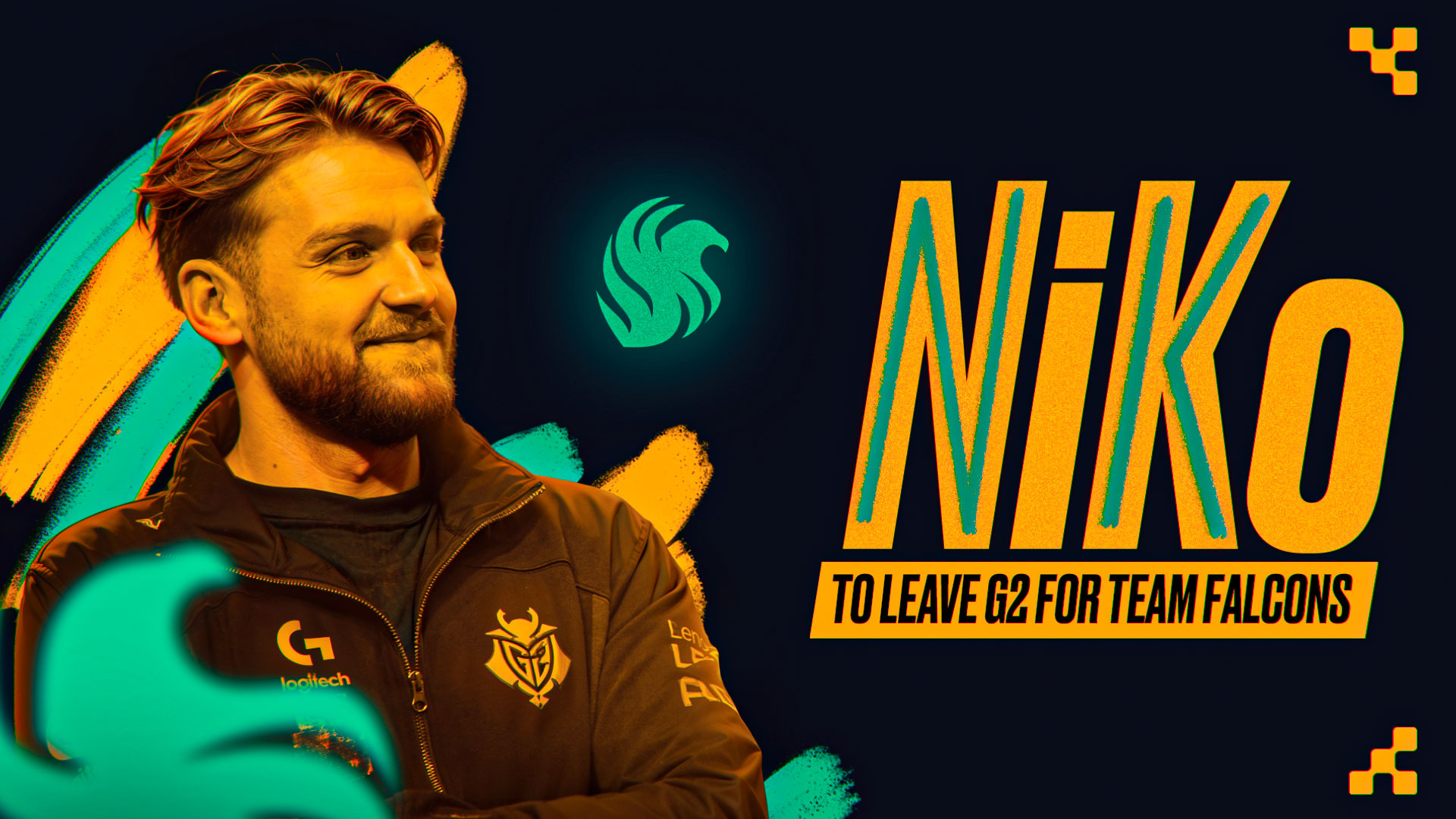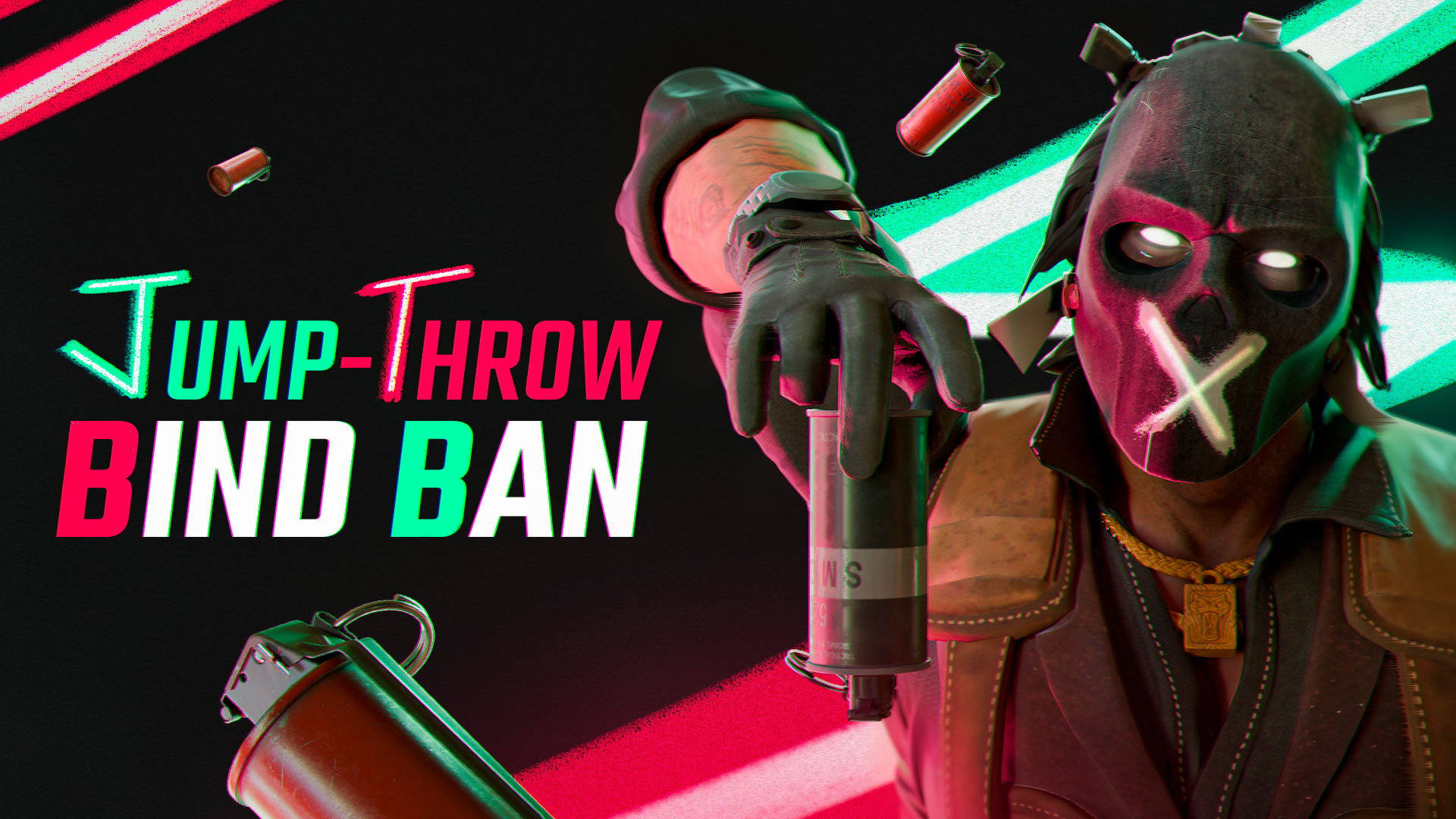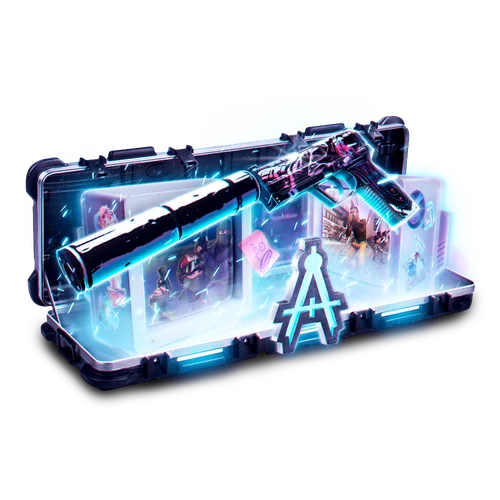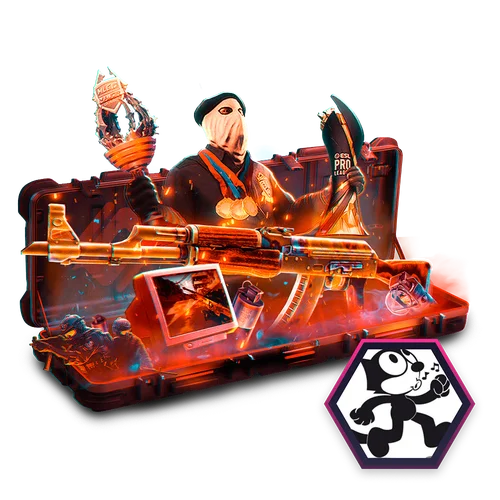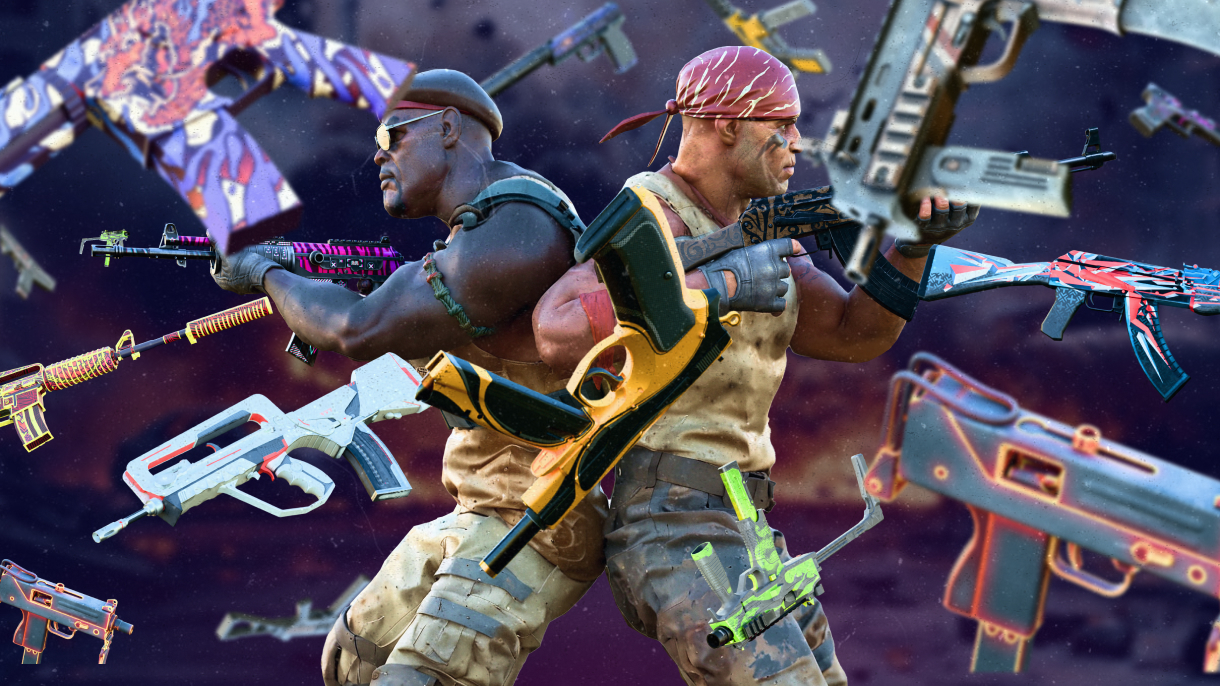Biggest dramas in CS:GO history

CS:GO is one of the biggest esports disciplines in the world. Both watching and playing the game could be a lot of fun, but some people put their own meaning in this term. And sometimes it doesn’t correlate with the conventional definition of the word. Sometimes things get ugly. Here are some of the biggest dramas that have happened on the competitive CS:GO scene.
Boosted over the pass
Abusing gameplay mechanics is a common practice in almost any game. Whether via cheats or just imperfections of the game you could get an unfair advantage over your opponents. Regular players face these kinds of things almost every day, sometimes without even noticing them. But it’s a whole different story when something like that happens on a Major.
DreamHack Winter 2014, quarterfinal match, Fnatic against LDLC. The score is 1:1, Overpass is the decider. The Swedes use the infamous pixel boost to come back from an abysmal 3:13 deficit and win the game.
Fnatic proceeded to the semifinal, but then things got acrimonious. Community (both casual players and pros/talents alike) was outraged, everyone blamed Fnatic for abusing the pixel boost mechanics. Which was funny, considering that both teams used that bug feature.
 You can see one of the Fnatic players literally standing on the air!
You can see one of the Fnatic players literally standing on the air!
Tournament organizers got pressured into canceling out the result of the game and offering the teams a rematch. That’s where things got a bit clowny: first, LDLC rejected and decided to forfeit the tournament; then Fnatic did the same, resulting in LDLC moving forward and winning the Major in the end. Classic!
iFIXMATCHES
The first big match fixing scandal in CS:GO happened in August of 2014 when NA team iBUYPOWER played against NCG. Despite being a favorite, iBP suffered a 16:4 loss. But it wasn’t the outcome that got everyone’s attention, but rather the manner in which the team lost: iBP played in a rather odd way, tried weird tactics, and sometimes resorted to completely unnecessary attempts of knife kills. Shortly after the game, some of the esports media received an anonymous tip that the match was fixed. But due to the lack of facts, the case was put on hold.
Fast forward to January of 2015, when one of the iBP players’ ex-girlfriend posted texts and messages that provided more than enough evidence of match fixing. 4 out of 5 players got banned by Valve and most of the commercial tournament organizers. Ironically, the one who didn’t went on to win a Major in 2018. Imagine if those guys didn’t try to take shortcuts and just played CS:GO!
I see you
Coach spectate exploit is one of the biggest scandals in the history of CS:GO. It happened in the middle of the global pandemic, when all of the matches were played online.

There was a bug that used to allow coaches an ability to observe the map and give their teams an unfair advantage. More than 30 coaches (that we know of) used it in official games. But the funny thing is that people were aware of that bug years before the situation escalated!
When the word got out, coaches started getting bans: from several months to 3 years! But at least Valve finally patched it out of the game. Good for you, devs!
Too good to be true
Everyone loves a good Cinderella run. When an underdog grinds their teeth and beats the favorite against all odds – that’s the kind of story that could get a film adaptation with Brad Pitt as a leading actor. But in reality people tend to question the nature of sudden success. And that’s where everything fell apart in this particular fairy tail.
EPIC CIS League Spring 2021. A fairly unknown team Akuma has beaten the likes of NAVI and Virtus.pro. Both of the teams were in the top-6 of HLTV rankings, so it was a fairly shocking result. Of course, people started breaking down Akuma’s gameplay. But it wasn’t actually their shooting or grenade usage that got everyone’s attention, but rather their web cameras.
A lot of people noticed that Akuma players often look off their monitors, even during the clutch moments. Several pro players and analysts assumed that they were using a radar hack that allowed them to see the positions of their enemies. That would explain how a top-40 team could read the best squads in the world like they were an open book.
But it was near impossible to confirm, mostly because the TO didn’t have neither the recording of team speaks nor any additional anti-cheats, apart from VAC. Shortly after that tournament Akuma disbanded and their players never resurfaced in any good team. Well, maybe it was just their lucky day then!
































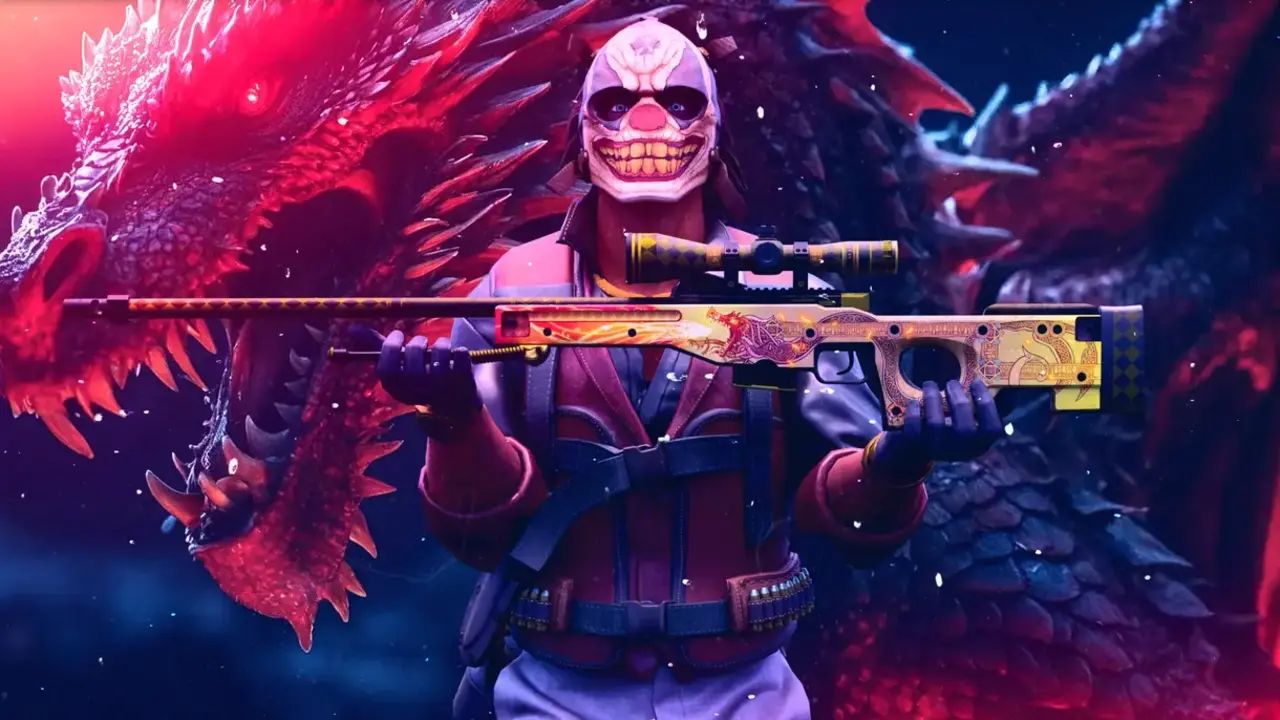

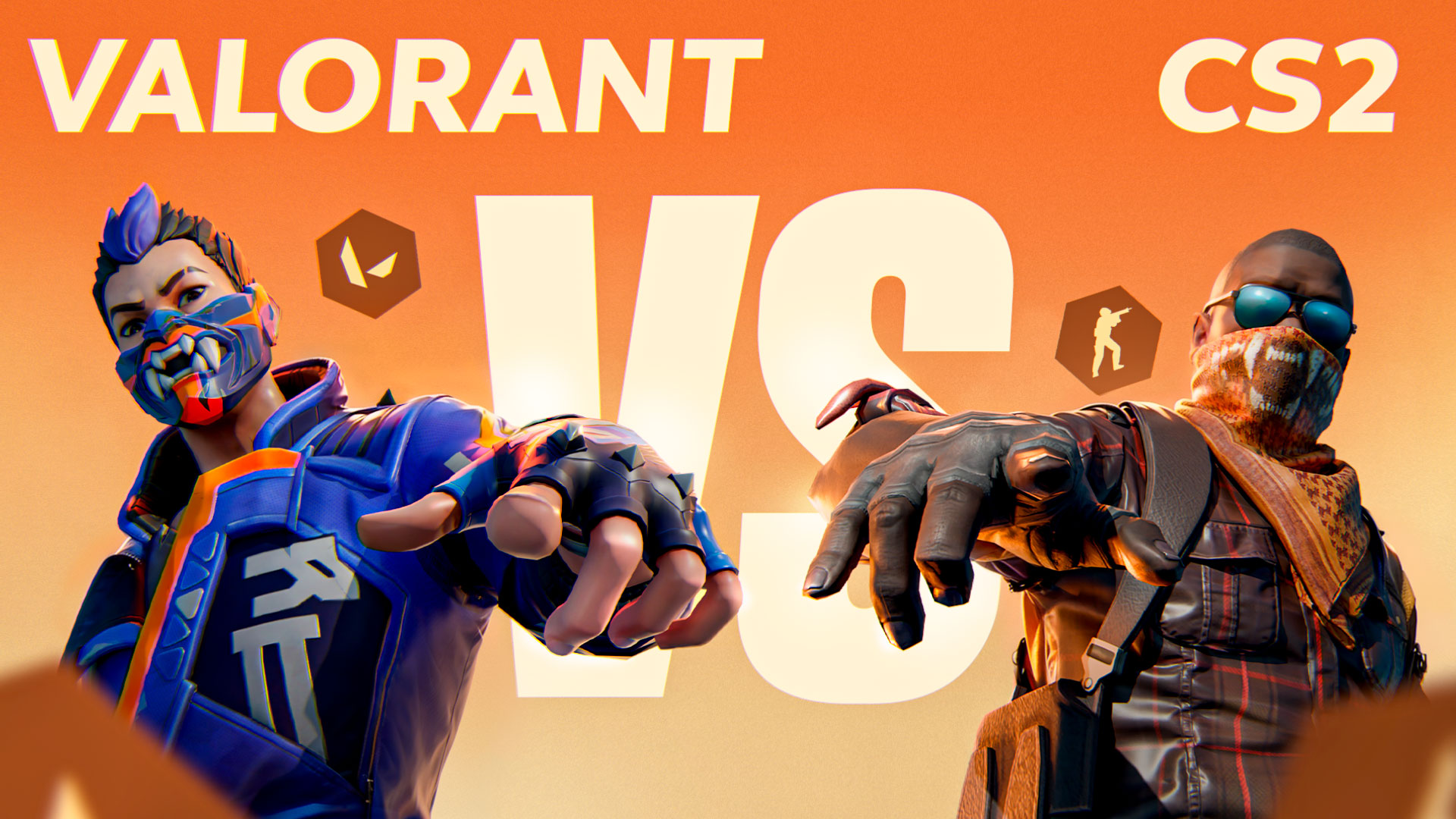

![Grenade Binds In CS2: Full Guide [2024]](https://front.stage.jamson-sc.dev/community/wp-content/uploads/2023/11/Main-3-1.png)
